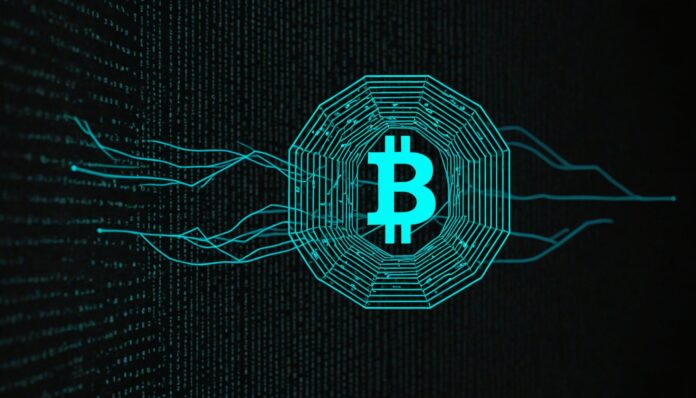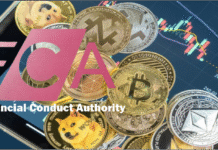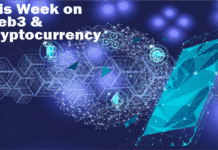What is DeFi?
Decentralized Finance, or DeFi, is a financial ecosystem built on blockchain technology, primarily Ethereum, that aims to recreate and improve traditional financial services like lending, borrowing, trading, and investing without relying on central intermediaries like banks or brokerages. Instead, DeFi uses smart contracts—self-executing contracts with the terms directly written into code—to enable these financial services in a decentralized, transparent, and trustless manner.
RELATED ARTICLE: The Future of Ethereum and Its Applications
Key Components of DeFi
- Decentralized Exchanges (DEXs):
- Platforms like Uniswap, SushiSwap, and Curve Finance allow users to trade cryptocurrencies directly with each other without needing a centralized exchange. These DEXs use automated market makers (AMMs) to provide liquidity and determine prices through algorithms.
- Lending and Borrowing Platforms:
- DeFi platforms like Aave, Compound, and MakerDAO enable users to lend their cryptocurrencies to others and earn interest or borrow assets by providing collateral. These platforms operate without intermediaries, offering more competitive rates and instant access to funds.
- Stablecoins:
- Stablecoins are cryptocurrencies designed to maintain a stable value, usually pegged to a fiat currency like the US dollar. Examples include DAI (issued by MakerDAO), USDC, and Tether (USDT). They are crucial in DeFi for providing stability and reducing volatility in transactions.
- Yield Farming and Liquidity Mining:
- Yield farming involves staking or lending crypto assets in DeFi platforms to earn rewards, often in the form of additional tokens. Liquidity mining is a specific form of yield farming where users provide liquidity to a DEX and earn tokens as a reward.
- Insurance Protocols:
- DeFi insurance platforms like Nexus Mutual and Cover Protocol offer decentralized insurance against risks such as smart contract failures or exchange hacks. These protocols are built on blockchain, making the insurance process more transparent and accessible.

Advantages of DeFi
- Accessibility:
- DeFi platforms are open to anyone with an internet connection and a crypto wallet, allowing users globally to access financial services without needing a bank account or credit history.
- Transparency:
- All transactions and smart contracts on DeFi platforms are recorded on a public blockchain, ensuring transparency and reducing the risk of fraud.
- Control and Ownership:
- Users have full control over their assets and can participate in financial services directly, without the need for intermediaries. This autonomy reduces reliance on centralized institutions.
- Innovation and Interoperability:
- DeFi platforms are highly interoperable, meaning users can combine different services (e.g., borrowing on one platform and trading on another) to create complex financial strategies. The open-source nature of DeFi fosters rapid innovation and the development of new financial products.
Risks and Challenges
- Smart Contract Vulnerabilities:
- Smart contracts are only as secure as the code they are written in. Bugs or vulnerabilities in smart contracts can lead to significant financial losses, as there is no central authority to intervene.
- Regulatory Uncertainty:
- The regulatory landscape for DeFi is still evolving, and there is uncertainty about how governments will regulate these platforms, which could impact their operation and legality.
- Market Volatility:
- The crypto market is highly volatile, and this volatility can affect DeFi platforms, especially those that rely on collateralized assets. Sharp price swings can lead to liquidations and loss of collateral.
- Liquidity Risks:
- While DeFi platforms often offer attractive yields, the liquidity of these platforms can be unstable, leading to challenges in withdrawing assets, particularly during market downturns.




















